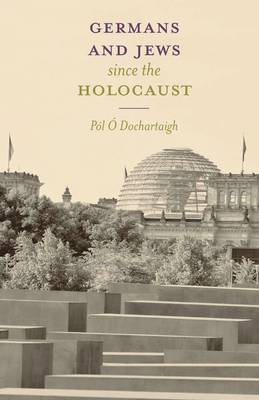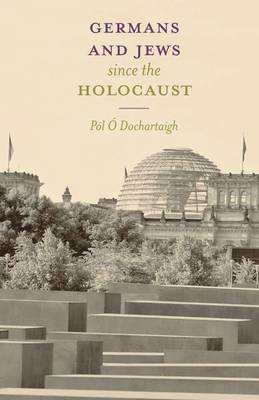
- Retrait gratuit dans votre magasin Club
- 7.000.000 titres dans notre catalogue
- Payer en toute sécurité
- Toujours un magasin près de chez vous
- Retrait gratuit dans votre magasin Club
- 7.000.0000 titres dans notre catalogue
- Payer en toute sécurité
- Toujours un magasin près de chez vous
33,95 €
+ 67 points
Format
Description
From the very moment of the liberation of camps at Auschwitz, Belsen and Buchenwald, Germans have been held accountable for the crimes committed in the Holocaust. The Nazi regime unleashed the most systematic attempt in history to wipe out an entire people, murdering men, women and children for the simple 'crime' of being Jewish.
After the war ended in 1945, the Jewish State of Israel was created and Jewish communities were re-established in a now divided Germany. Germans have engaged actively with their Nazi legacy and the Jewish communities have remained and grown stronger, but neo-Nazism has also persisted. Young Germans have learned the horrific deeds of the past at school, and throughout the world, people of all nations have tried to learn the lesson 'never again', while Germany has become 'Israel's best friend in Europe'. Pól Ó Dochartaigh analyses the ways in which Germans and Jews alike have attempted to come to terms with the Holocaust and its terrible legacy. He also looks at efforts to remember - and to forget - the Holocaust, movement towards recompense and reparation, and the survival of anti-Semitism.Spécifications
Parties prenantes
- Auteur(s) :
- Editeur:
Contenu
- Nombre de pages :
- 280
- Langue:
- Anglais
Caractéristiques
- EAN:
- 9781403946843
- Date de parution :
- 24-11-15
- Format:
- Livre broché
- Format numérique:
- Trade paperback (VS)
- Dimensions :
- 140 mm x 216 mm
- Poids :
- 344 g

Les avis
Nous publions uniquement les avis qui respectent les conditions requises. Consultez nos conditions pour les avis.






